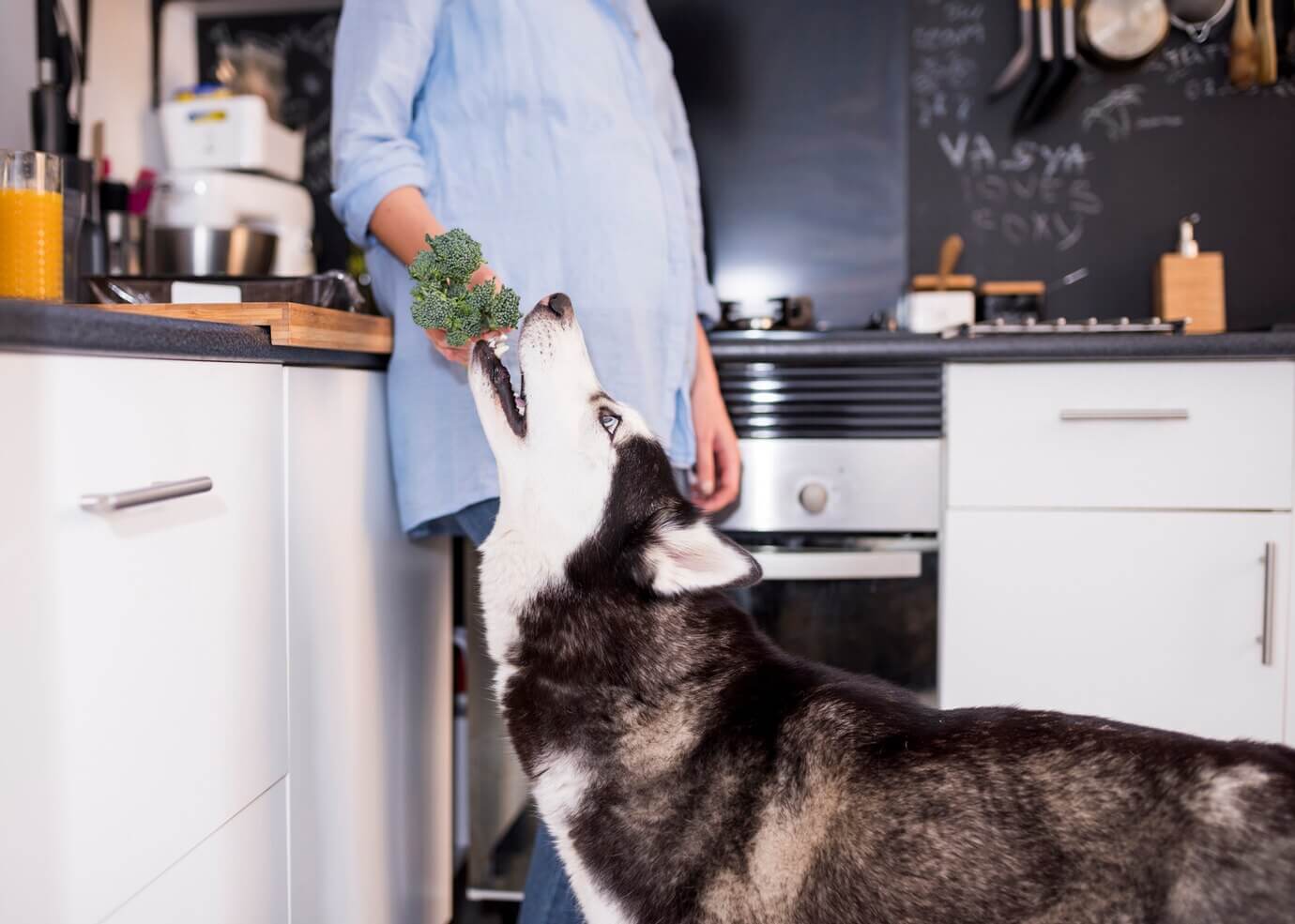Homemade Dog Food Recipes for a Balanced Diet

Introduction
Preparing homemade meals for your dog allows you to provide fresh, high-quality ingredients tailored to their dietary needs. However, ensuring these meals are nutritionally complete is crucial for maintaining their overall health. This guide will explore essential nutrients for dogs, easy-to-make homemade dog food recipes, and important tips to help you create well-balanced meals for your furry friend.
Table of Contents
The Importance of a Well-Balanced Canine Diet
A dog’s diet should include a proper mix of protein, healthy fats, carbohydrates, vitamins, and minerals to support their well-being. Providing balanced nutrition helps maintain energy levels, promotes a strong immune system, supports digestion, and enhances skin and coat health. Below are the key nutritional components that should be included in homemade meals:
- Protein: Found in lean meats like chicken, turkey, beef, fish, and eggs, as well as plant-based sources like lentils.
- Healthy Fats: Essential for coat and skin health; sourced from fish oil, coconut oil, flaxseed oil, and natural animal fats.
- Carbohydrates: Important for energy; options include brown rice, sweet potatoes, quinoa, and oats.
- Vitamins and Minerals: Naturally present in vegetables like carrots, spinach, pumpkin, and supplements such as calcium and omega-3 fatty acids.
For more information on canine nutrition, check out this comprehensive guide by the American Kennel Club
Homemade Dog Food Recipes for Complete Nutrition
1. Chicken and Sweet Potato Feast
Ingredients:
- 2 cups of boneless, skinless chicken (cooked and shredded)
- 1 cup mashed sweet potatoes
- ½ cup finely chopped carrots
- ½ cup green beans (chopped)
- 1 tablespoon fish oil
- ½ teaspoon calcium supplement
Instructions:
- Cook the chicken thoroughly and shred it into bite-sized pieces.
- Boil or steam the sweet potatoes, carrots, and green beans until tender.
- Combine all ingredients in a mixing bowl, adding the fish oil and calcium supplement.
- Allow the meal to cool before serving it to your dog.
Health Benefits:
This meal is high in protein and fiber, aiding digestion and promoting a healthy, shiny coat.
2. Beef and Brown Rice Power Bowl
Ingredients:
- 2 cups lean ground beef
- 1 cup cooked brown rice
- ½ cup chopped spinach
- ½ cup pureed pumpkin
- 1 tablespoon flaxseed oil
- ½ teaspoon calcium supplement
Instructions:
- Cook the ground beef over medium heat until fully browned.
- Prepare the brown rice as directed on the package and let it cool.
- Lightly steam the spinach and mix it with the beef, pumpkin, and rice.
- Stir in the flaxseed oil and calcium supplement before serving.
Health Benefits:
This recipe provides essential protein for muscle development, promotes digestion, and strengthens the immune system.
3. Salmon and Quinoa Nourishment
Ingredients:
- 2 cups cooked salmon (deboned and flaked)
- 1 cup cooked quinoa
- ½ cup peas
- ½ cup chopped carrots
- 1 tablespoon coconut oil
- ½ teaspoon calcium supplement
Instructions:
- Cook the salmon and remove all bones before flaking.
- Prepare quinoa as per package instructions and let it cool.
- Steam the peas and carrots until tender.
- Mix all the ingredients together and add the coconut oil and calcium supplement.
- Let the food cool before serving.
Health Benefits:
This meal is rich in omega-3 fatty acids, which support brain health, reduce inflammation, and provide high-quality protein.
Tips for Preparing Homemade Dog Food
- Consult a Veterinarian: Before switching your dog’s diet, consult a vet to ensure it meets their specific health needs. You can refer to this nutrition guide by the American Veterinary Medical Association
- Use Supplements When Needed: Some nutrients may be missing in home-prepared meals, so adding supplements like calcium, taurine, or vitamin D can help.
- Adjust Portions Based on Your Dog’s Size and Activity Level: A small, less active dog will need different portion sizes than a large, energetic breed.
- Avoid Toxic Ingredients: Certain human foods—such as onions, garlic, chocolate, grapes, raisins, xylitol, and excessive salt—are harmful to dogs and should be avoided.
- Proper Food Storage: Store meals in airtight containers and refrigerate or freeze portions for future use to maintain freshness.
Conclusion
Homemade dog food can be a nutritious alternative to store-bought kibble when prepared correctly. By ensuring each meal contains the right balance of protein, fats, carbohydrates, and essential nutrients, you can help your dog maintain optimal health. Always consult your veterinarian before making dietary changes, and incorporate a variety of ingredients to keep meals both nutritious and enjoyable.
